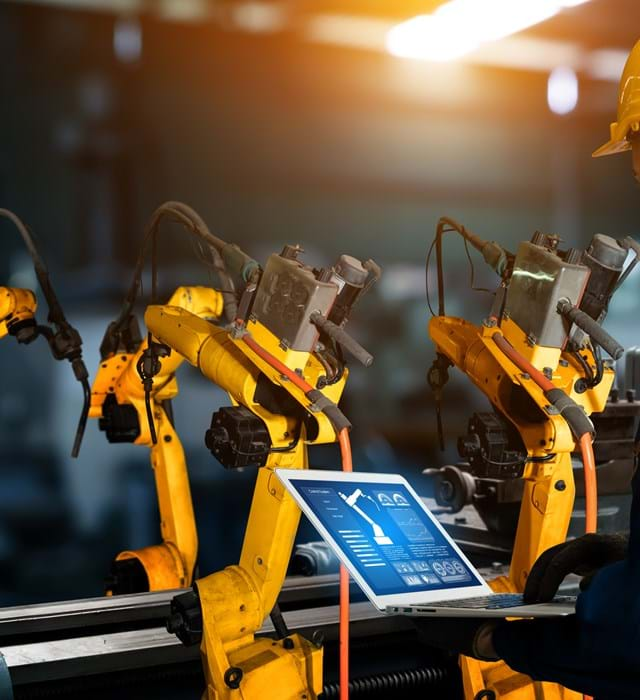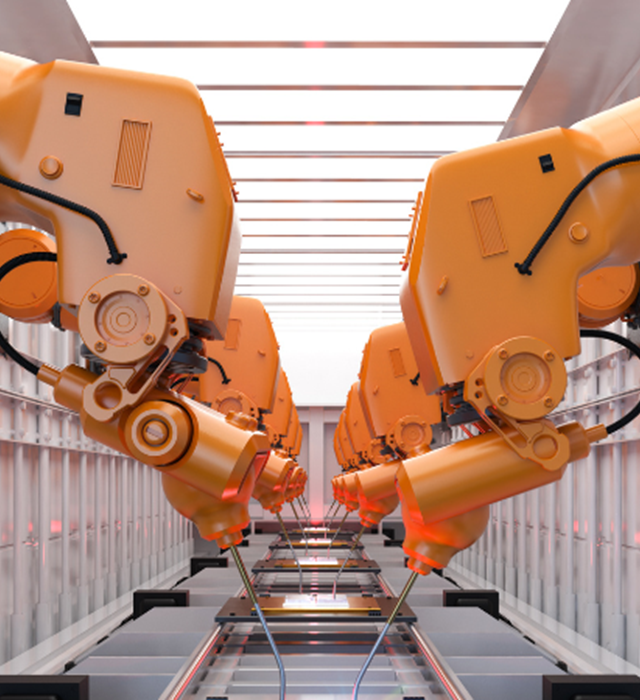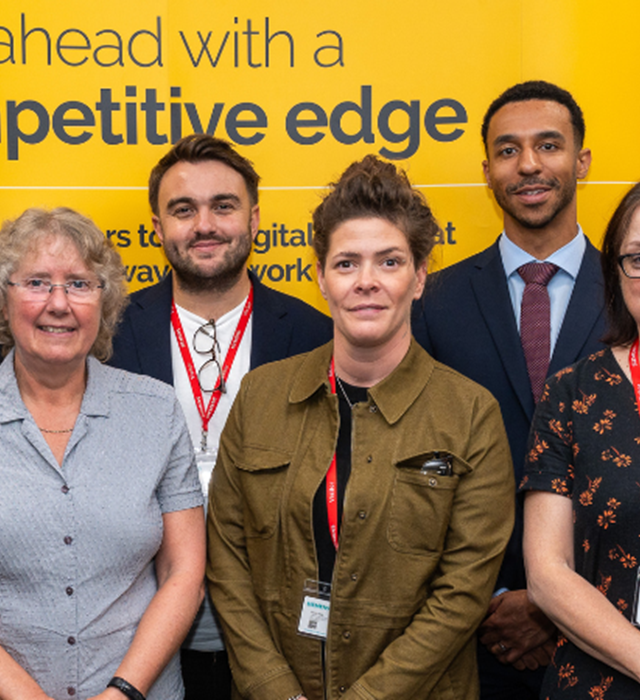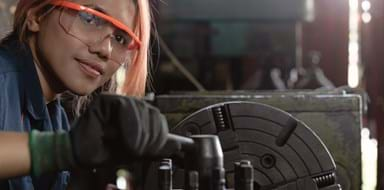
The Made Smarter team helps hundreds of SME manufacturers each year in the North West to adopt industrial digital technology into their businesses.
By being at the ‘coalface’, so to speak, our team of technology specialists are privy to evolutionary trends and which emerging technologies are set to revolutionise the manufacturing landscape in the coming years – such as generative AI and digital twins.
One of my main observations is that technology evolution is rarely linear. In fact, the adoption of technology in manufacturing SMEs is a path characterised by significant strides, rapid progress, and occasionally, unforeseen deviations. Unlike a linear progression, this path embodies the essence of various innovation theories, with the Diffusion of Innovation theory being particularly illuminative.
Understanding the Non-Linear Trajectory of Technology Adoption
Technology adoption in SMEs does not follow a straight path. Instead, it zigzags through phases of awareness, interest, evaluation, and eventually adoption.
Everett Rogers’ Diffusion of Innovation theory elegantly maps this journey, explaining how innovations spread within a social-techno system such as manufacturing. The theory categorises adopters into five segments: innovators, early adopters, early majority, late majority, and laggards. This segmentation illustrates that while some SMEs are quick to embrace new technologies, others tread cautiously, joining the bandwagon much later.
Examples of Technological Integration
Consider the adoption of automation and robotics. Initially perceived as the domain of large-scale industries, these technologies have gradually found their way into SMEs. Automation has enabled smaller manufacturers to enhance efficiency, reduce human error, and increase production rates. A notable example is the automotive industry, where SMEs have integrated robotic solutions for tasks like welding and assembly, significantly boosting productivity.
Similarly, the implementation of IoT (Internet of Things) devices in manufacturing SMEs exemplifies non-linear adoption. IoT technology, initially slow to gain traction, is now becoming more important in enabling real-time monitoring and data-driven decision-making. An SME in the food processing sector, for instance, might utilise IoT sensors to monitor storage conditions, ensuring optimal freshness and reducing waste.
The Role of Generative AI and Digital Twins
Looking ahead, two emerging technologies stand out for their transformative potential in manufacturing SMEs: generative AI and digital twins.
Generative AI, an offshoot of artificial intelligence, involves algorithms that can generate new content or data that resembles human-like outputs. In the context of SMEs, this technology can revolutionise product design and development. For instance, generative AI can enable a small manufacturer to rapidly prototype new product designs, test them in virtual environments, and refine them based on AI-generated feedback, dramatically reducing time-to-market.
Digital twins, on the other hand, offer a virtual replica of physical processes, products, or services. This technology allows SMEs to simulate and analyse their manufacturing processes in a virtual environment before implementing them in the real world. For example, a digital twin could enable a small-scale manufacturer to optimise their assembly line for efficiency and minimal waste, without the need for costly physical trials.
The Future Landscape of Manufacturing SMEs
In the next five years, we can anticipate a more pronounced integration of these technologies in manufacturing SMEs. Generative AI will likely become a cornerstone in product design, enabling SMEs to experiment with innovative and customised solutions. The technology's ability to learn and adapt will make it an invaluable partner in the creative process.
Digital twins, meanwhile, will evolve beyond mere simulations. Integrated with real-time data and AI analytics, they will become dynamic tools for predictive maintenance, process optimisation, and strategic planning. The future may see SMEs leveraging digital twins not just for their manufacturing processes but across their entire supply chain, enhancing transparency and efficiency.
How Made Smarter can help
As we can see, the trajectory of technological evolution in manufacturing SMEs is unmistakably non-linear, marked by periods of rapid adoption and phases of cautious evaluation.
At Made Smarter we can help you evaluate which technologies are best suited to your business needs and create a digital transformation roadmap to plan for technology adoption.
However, the future of manufacturing in the SME sector is not just about adopting new technologies; it's about reimagining processes, products, and possibilities in a digitally-transformed world.
To find out more about how Made Smarter can help your business with technology adaption register today.








